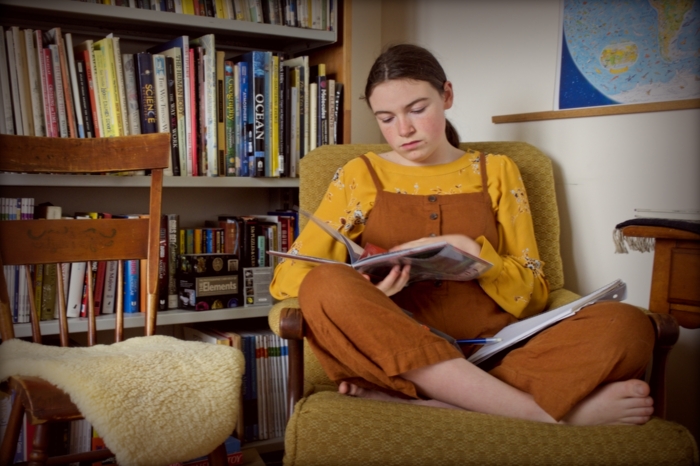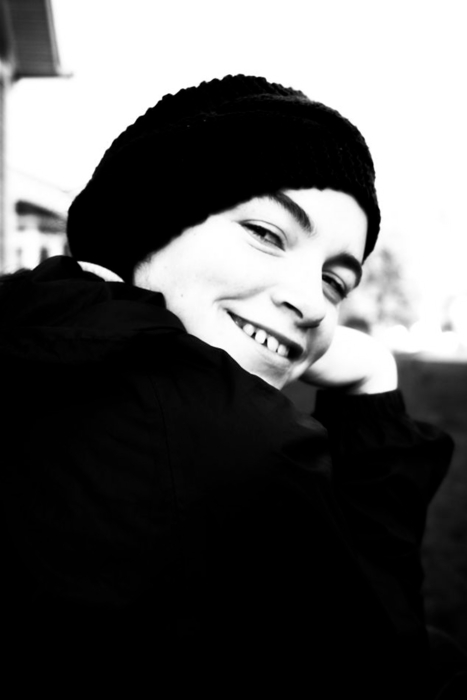Mom found us a Syracuse University basketball at a garage sale. It’s a good ball!
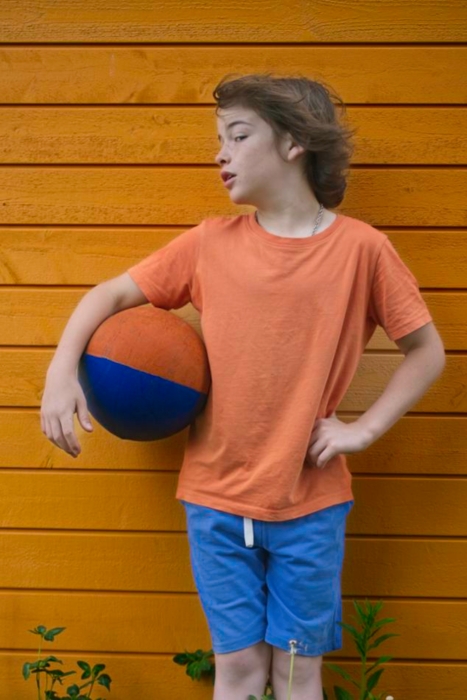
I found a gently used golden retriever on Kijiji. She’s a good dog!
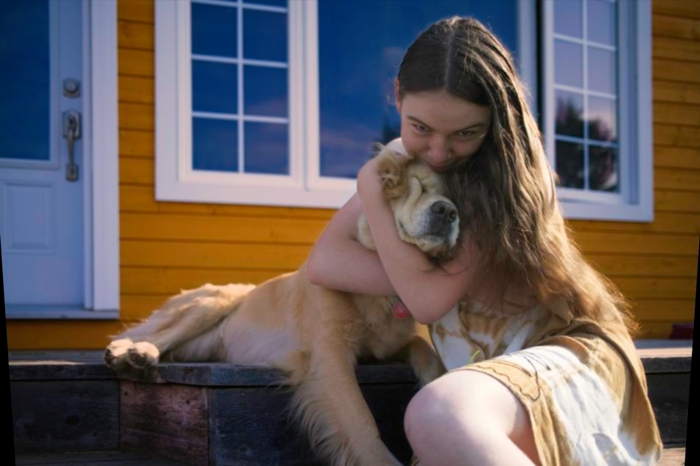
Good dog.
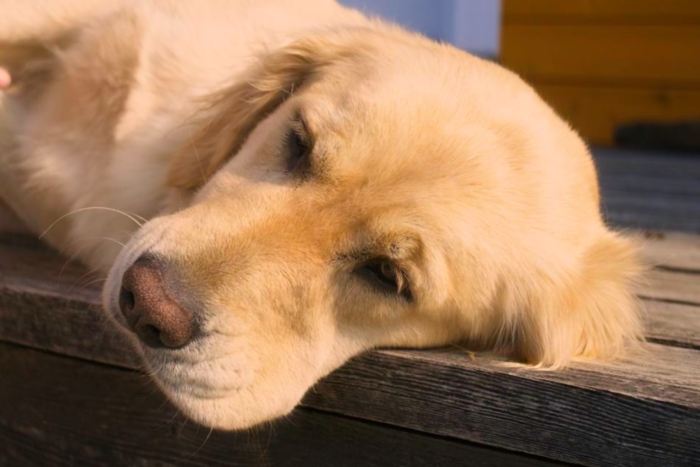
Good ball.













































































Mom found us a Syracuse University basketball at a garage sale. It’s a good ball!

I found a gently used golden retriever on Kijiji. She’s a good dog!

Good dog.

Good ball.

1.
We go to Clark & Sons and buy two Muscovy ducks.

2.
We walk down to the stream.
We do not bring the ducks.

3.
I like this picture of Iris because I think she looks like me, only waaaaay more adorable.
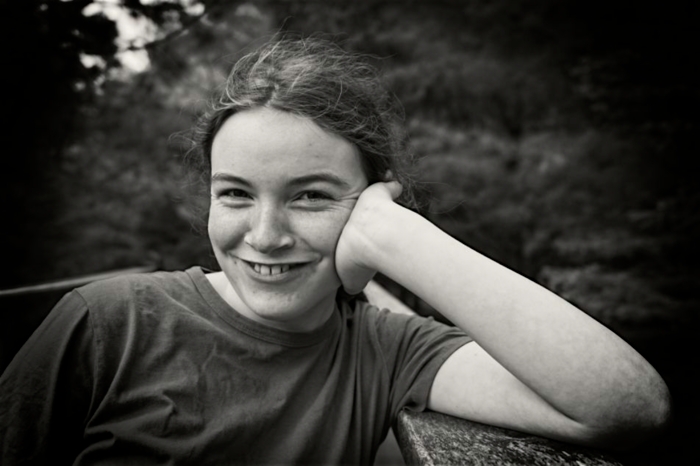
4.
I like this photograph of Shirley because it is wonderful, and so is she.
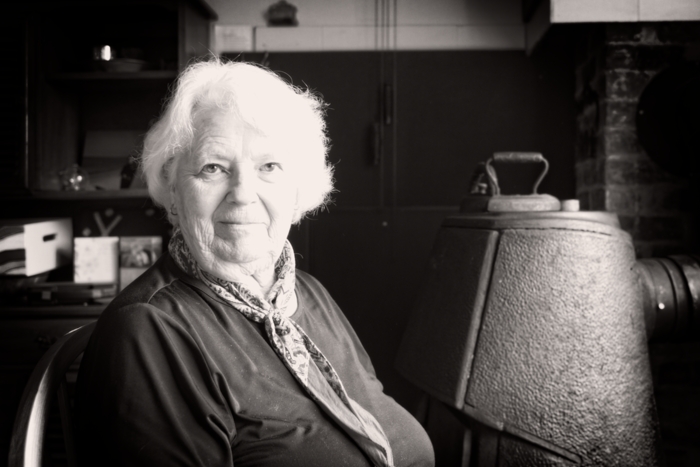
All of Akiva’s literary quotes come from in-depth study of Calvin & Hobbes.
Knowing how much he liked the cartoons, I suggested he read it in French, for French practice.
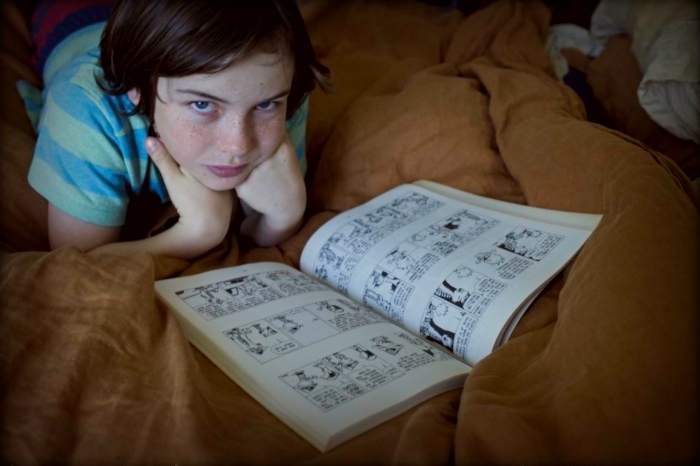
In response, he wrote a five-sentence argumentative essay
on why he should not read Calvin & Hobbes in French.
He won.
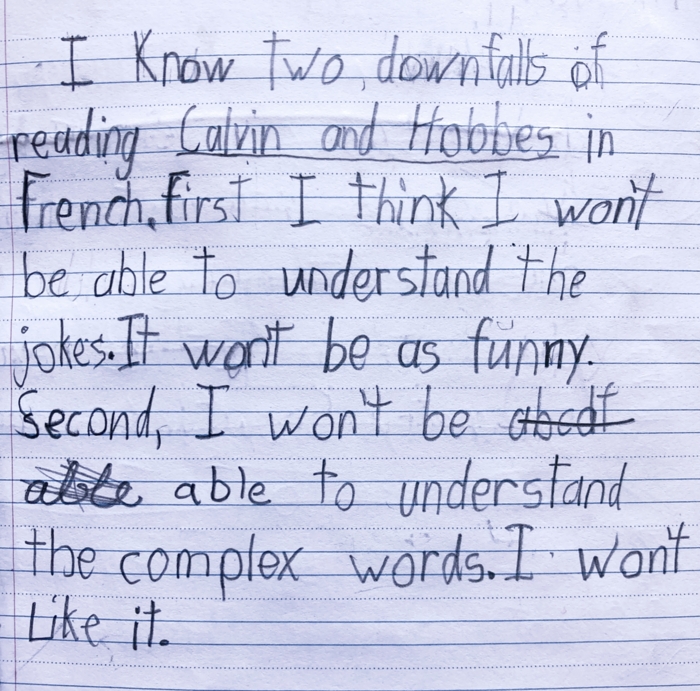
1.
I spend a good deal of time photographing very small things.

The kids get extremely annoyed at me for being so slow.

2.
Martin in B&W.

3.
Martin in color.

4.
When I tell the kids I want to go to the Johnville Bog, they get dressed up nicely. Martin can’t figure out why Akiva will put on a suit and tie (or nearly so) to visit the bog, but not to go to a hockey game, but I can tell you: there is a photographer at the bog. Some of the best photography advice I read was also some of the most aesthetically-pleasing parenting advice: always dress your children as if you are going to do a photo shoot.

5.
Tree genetalia
OR

6.
Portrait with younger brother, father, and teenager.

Iris spent a good deal of time at Mom & Dad’s house learning the Adobe app Fresco. It’s designed to be used as a sketch-pad for Illustrator or Photoshop. She watched a number of instructional videos and had fun making simple designs and animations. Back home, she continues to learn.

Spoiler: because this is often a retrospective blog, written well after the fact of the action, I can tell you what happens next. Iris is very focused on school work and primarily uses the app as a multi-layered chalk board for mathematics. She screenshots and imports a math problem, then writes different ideas for solving the problem on different layers. She can make the layers disappear when they’re not working, or get back to them if she needs to. I think it’s a brilliant use of pen-&-tablet.
We go for a walk. Iris has dogs. This is what she likes.
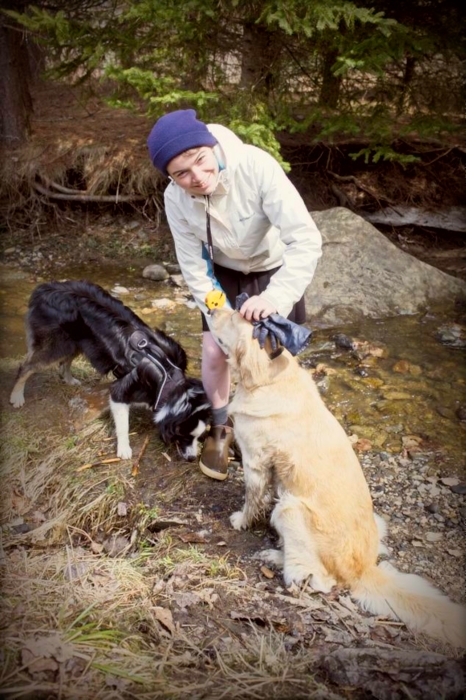
Akiva brought back some K’Nex. It is what he does.
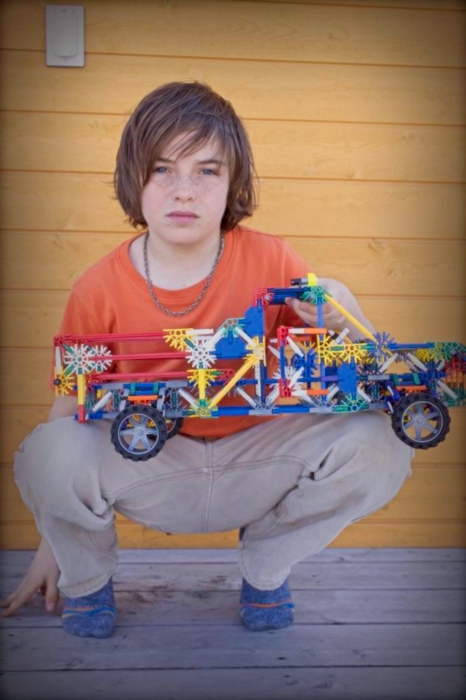
We visited some waterfalls. The kids’ favorite was Tinker Falls.
This is Mom & Dad as viewed through the falls. Good thing Dad wears orange!
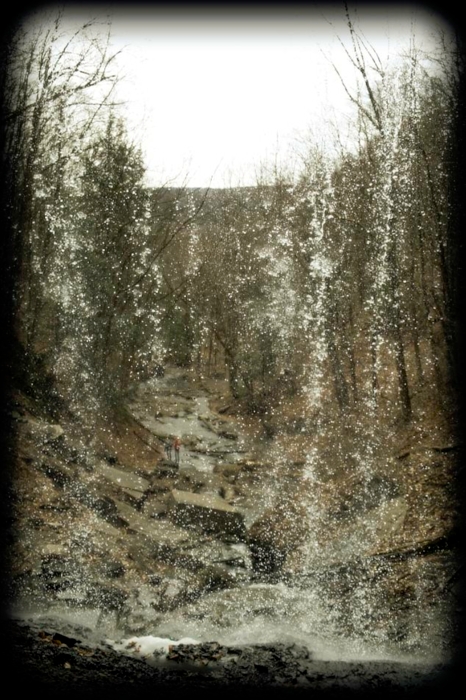
For Iris’s birthday, we finally make it down from Waterville (an average of 771 ft./ 235m above sea level, tho there’s lots of up & down) to Syracuse (an average of 361 ft./155m above sea level, tho again, it’s a hilly area).
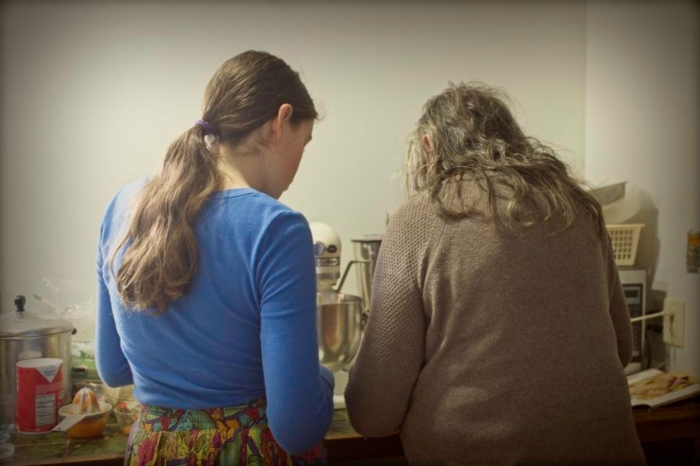
Mom and Iris made the orange kiss-me cake together. I suggested it, because Iris has never had one. Dan liked this kind of cake when we were little, but I never appreciated it. It’s a sort-of a coffee cake— tho however that’s defined is beyond me. Probably it was too sophisticated for me as a kid.
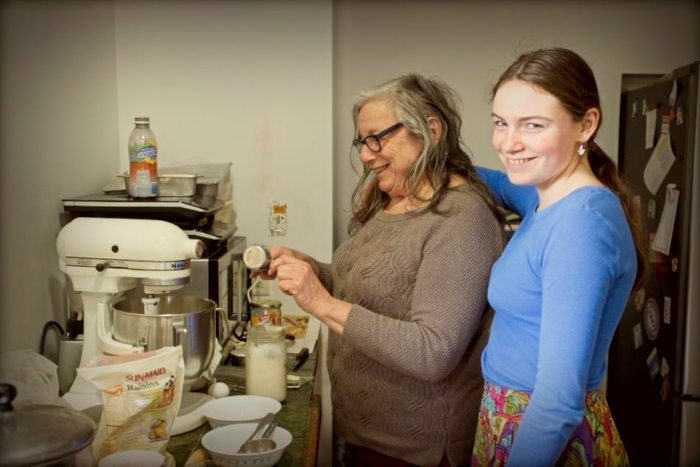
As an adult, I appreciate the flavor more. I say it’d go well with coffee, if that was the sort of thing I could drink without staying up for a few days in a row. Fortunately, it also goes well with milk— wait. Are you licking that already?
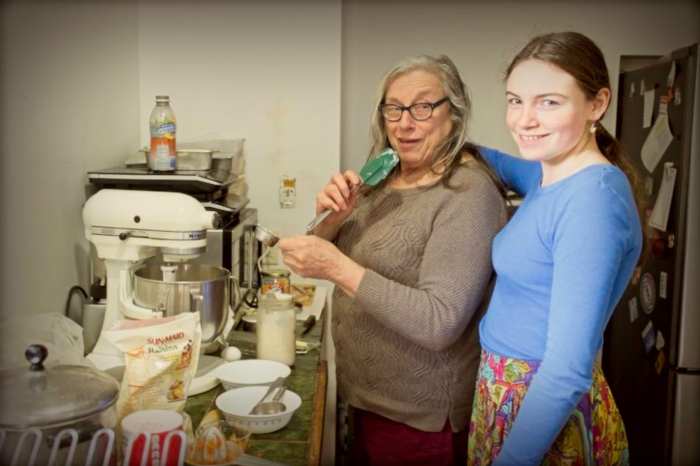
“I did not lick the spatula.”
—Mom.
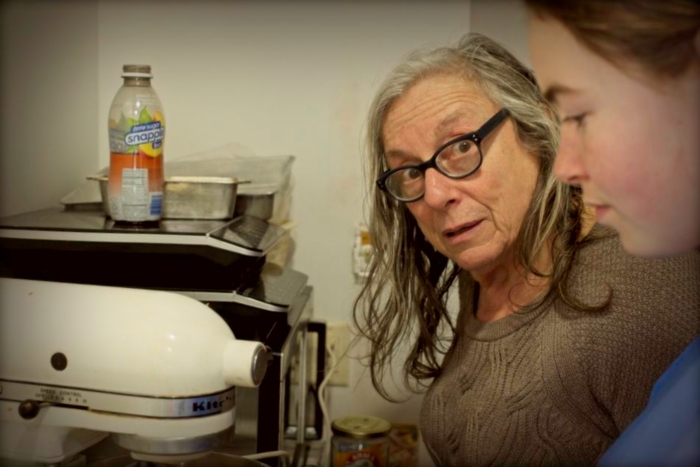
Iris helped mostly by hanging around the kitchen, which is sometimes the most helpful thing to do for a cook who knows well enough what she is doing but would like some company.
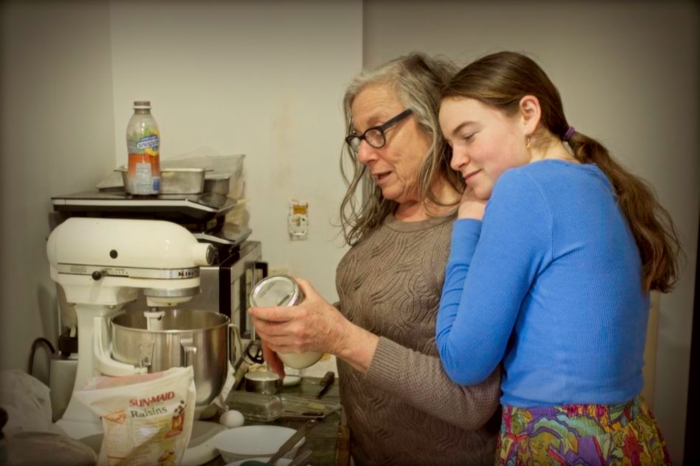
Iris got thirteen whole candles— all of them!— and pondered what to wish for.
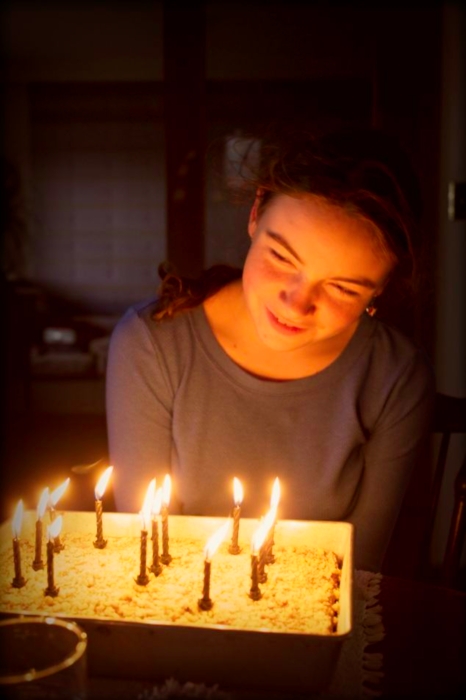
Hey, Mom, what did you wish for on your 13th birthday?
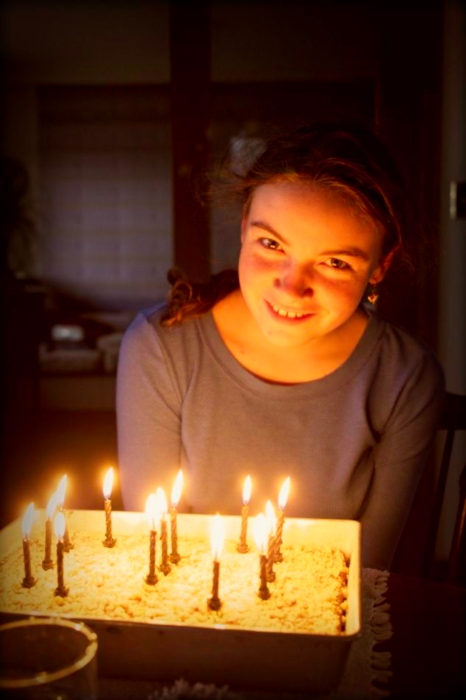
For a wonderful old Gramma-Grandot event, please re-visit—

